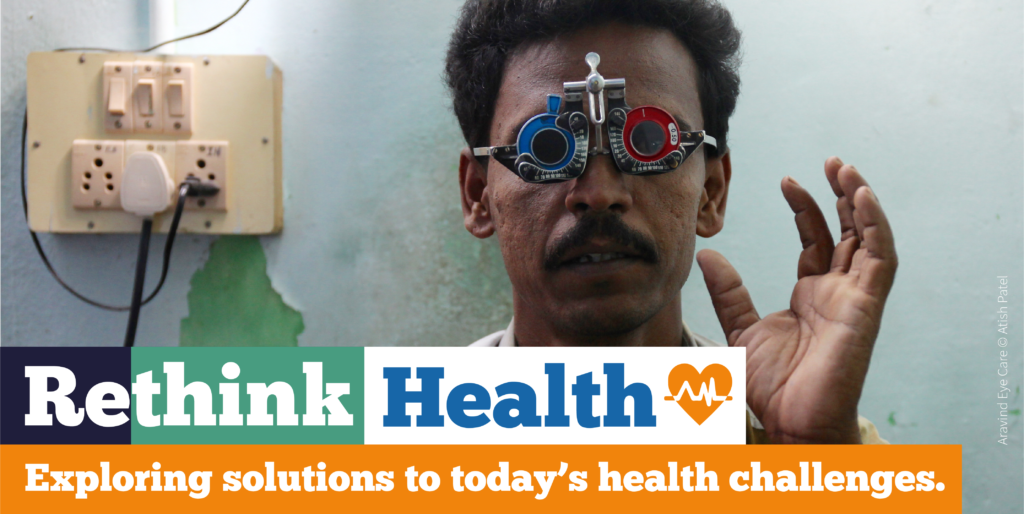
Exploring solutions to today’s health challenges: Mental Health
According to the World Health Organization, suicide is the second leading cause of death among 15–29-year olds and death due to dementia more than doubled between 2000 and 2016. The stigma surrounding mental illness and treatment renders this issue even more complex. Even if medical research has traditionally focused more on curing disease than preventing it, we’re at the dawn of a more open-minded approach to medicine and health: researchers, scientists, individuals and organizations all over the world are working on new ways to address and destigmatize mental illness. Discover fourof them this week on #RethinkHealth. Discover four of them this week on #RethinkHealth.
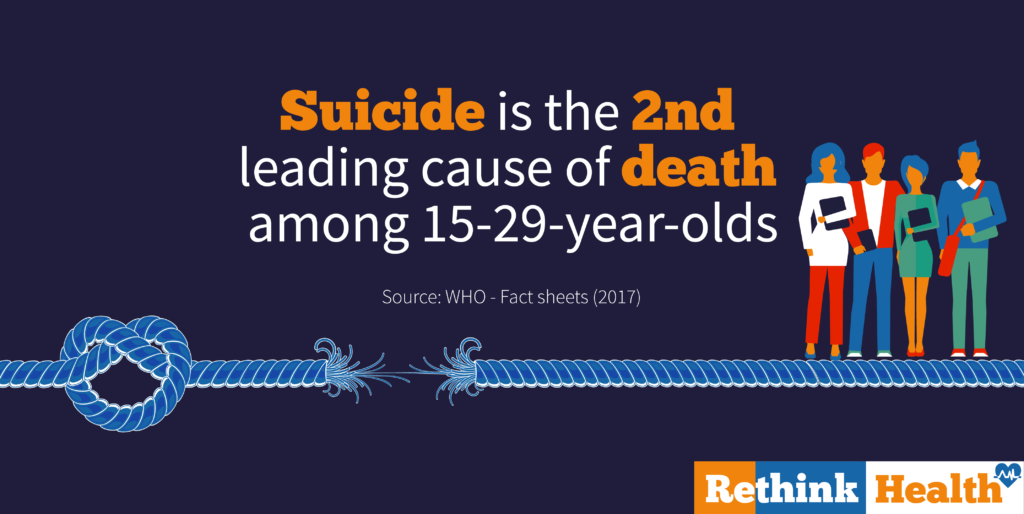
Over the next three weeks, Sparknews is proud to invite five leading newspapers from five different countries (Der Spiegel, El Pais, The Sunday Times, The Nation & The Hindu) to explore stories of solutions that are having an impact on today’s most pressing healthcare challenges. This week’s articles featured solutions that can offer us better, longer, healthier lives to the ones currently excluded from the traditional health care system
Doctors without borders (MSF) trains refugees to become their peers’ psycho-social counsellors
Doctors without borders (MSF) has launched in 2017 the first project in Germany to train refugees as psychosocial counsellors for their newly arrived peers, in order to teach coping skills and stress management while giving asylum seekers someone to talk to about their troubles. Launched in cooperation with a local hospital in Schweinfurt, Bavaria, the project aims at addressing an alarming lack of mental health services for the hundreds of thousands of refugees and asylum seekers who arrive in the country since 2015. Read more in The Hindu, The Nation and Spiegel (in German)
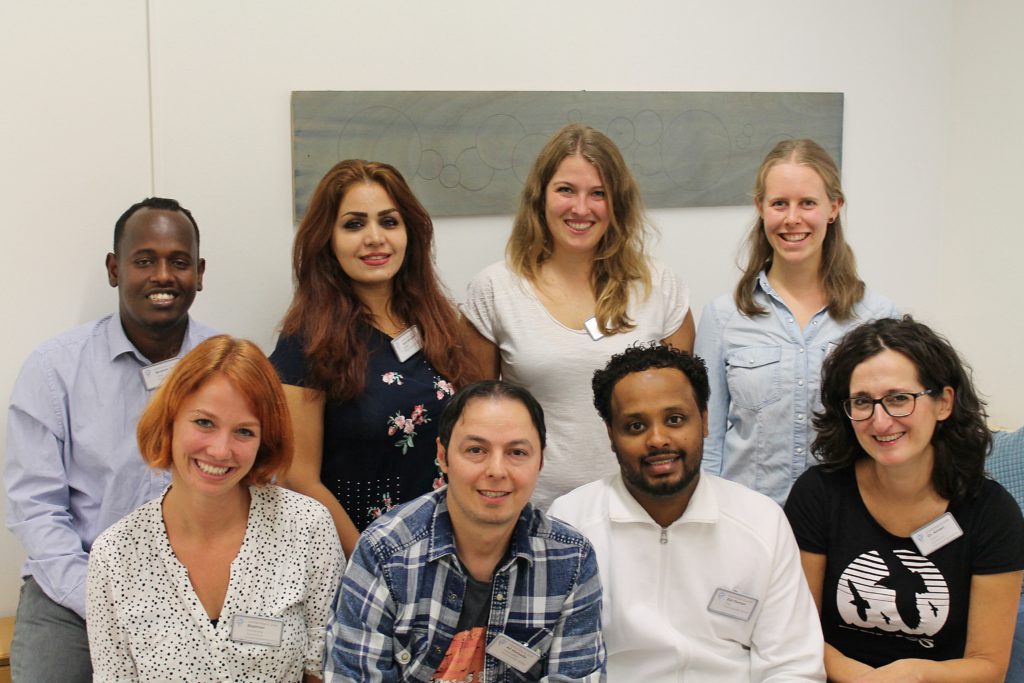
The Minds Foundation tackles rural stigma on mental health
In India, 56 million people suffer from depression and 38 million from anxiety disorders, according to the WHO. But while 20% of the country’s population suffers from a mental illness, only 10–12% of them seek aid for their mental health concerns, namely because of social exclusion and stigma surrounding mental diseases and lack of information about mental illness in rural areas. That is why the MINDS Foundation aims to alleviate the stigma around mental illness through evidence-based education and providing access to care for those in every corner of rural India. They educated over 35, 000 individuals in 49 villages, provided mental health education to 70 schools consisting of 19,500 schoolchildren and 1200 teachers. Read more in The Hindu and The Nation.
The Perinatal Mental Health Project (PMHP)
The Perinatal Mental Health Project (PMHP) was founded to address the crisis of mental disorders among pregnant & postpartum women and girls from some of the most disadvantaged communities in Cape Town. These mothers face extreme hardships, experience multiple, severe traumas and have little or no support in the context of high prevalence of perinatal mental disorders and the shortage of mental health specialists in South Africa. The Perinatal Mental Health Project integrates maternal mental health care into routine antenatal and postnatal health care, through the use of a collaborative stepped-care approach, task-sharing strategies and training of care providers. weblink Read more in The Hindu, The Nation and El Pais (in Spanish)
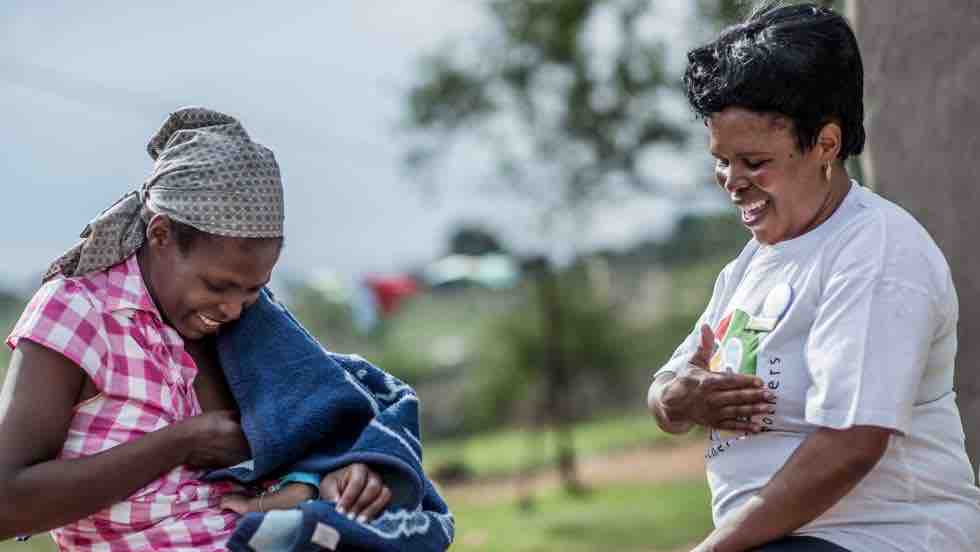
Suicide prevention lifeline
Data shows that the problem of suicide is stalled. Each year about 3,500 people take their lives in Spain. The associations believe that the real number of cases is greater since often the relatives ask that the case not is included in the medical certificate for fear of stigma, legal problems or that in the parish put odds for the burial. Apart from the number of deaths, affected people worry that the issue remains unaddressed. While in other causes of death such as traffic accidents or AIDS there have been clear declines, suicide remains. Suicide Hotlines, are therefore not only a quick answer to people in distress but also a way to foster awareness and put Suicide prevention at the top of the public health agenda. Read more in Spiegel (in German) and El Pais (in Spanish)
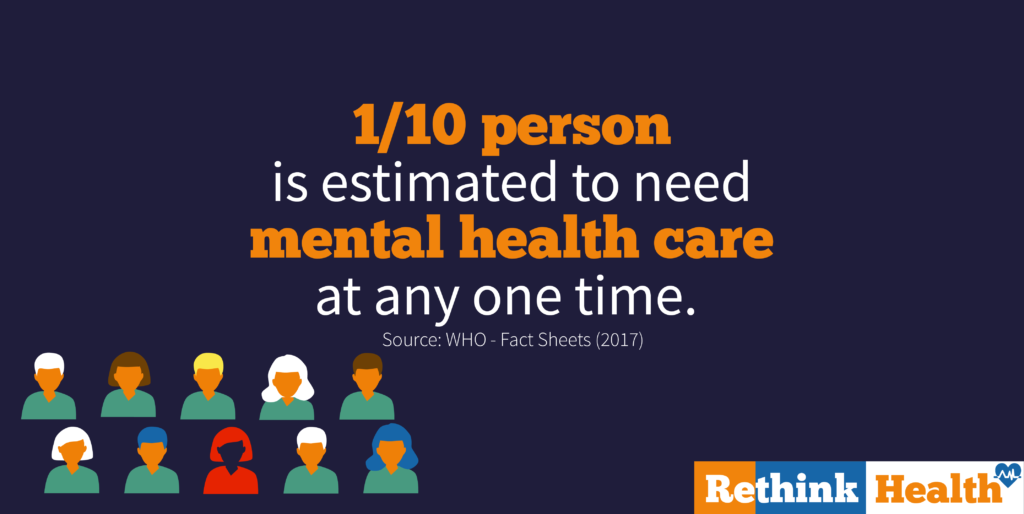
Is it possible to destroy mental health stigma?
A national survey among nursing professionals in Nigeria revealed that 40% of the studied population viewed mentally ill individuals as violent, 26.5% would distance themselves from the mentally ill and a third associated mental illness with lack of self-discipline and willpower but generally they held less negative views about mental illness. Another study found that 52% of the respondents believed witches were responsible for the causation of mental illness, 44.2% thought it was due to demon possession, and close to one third felt it was due to the consequences of divine punishment. Let’s explore the stigma surrounding mental health issues in Nigeria, as well as some of the responses given by organizations. Read more in The Hindu and The Nation
Op-ed by Alicia Raimundo, Activist and psychologist, Mental health services for increasing demand
Alicia Raimundo, world-renowned mental health activist and psychologist analyzes the importance of online mental health services, why funding innovative mental health services is important, and why after starting to destroy the stigma around mental health we have to ensure the services are there to meet the increasing demand. Read more in The Hindu and The Nation.
You can be a part of the solution — reading and sharing these stories so that they reach every corner of the globe. Let’s rethink health together.




